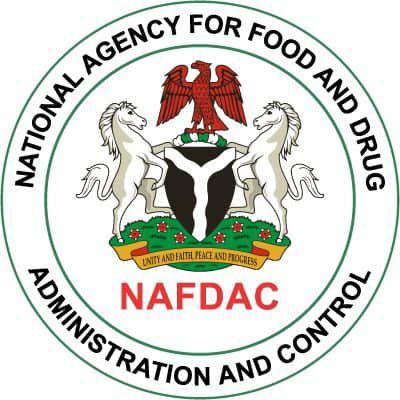NIGERIA: Economic Hardship Forcing Pregnant Women To Deliver At Home, Says SOGON

By Onoja Baba, Nigeria
The Society of Gynaecology and Obstetrics of Nigeria (SOGON) has raised concerns over the increasing number of Nigerian women resorting to delivering their babies at home due to the worsening economic conditions in the country.
This alarming trend, according to the group, poses significant risks to maternal and child health, as many women are unable to afford the rising costs of hospital deliveries.
Dr. Habib Sadauki, President of SOGON, revealed in an interview with the media on Sunday that the economic hardship has exacerbated the already dire situation for expectant mothers, particularly those in poor and vulnerable communities.
He lamented that inflation has led to higher delivery costs in health facilities, leaving many women with no choice but to give birth without professional medical assistance.
“About 80 percent of our women deliver at home, and some of them may even deliver with nobody around,” he stated.
“This practice is very dangerous for mothers, especially if they have complications like bleeding. Bleeding doesn’t take time to kill. If the bleeding does not stop immediately and assistance does not come, the person can die very easily,” he added.
Dr. Sadauki emphasised the importance of skilled birth attendants, urging pregnant women to deliver in health facilities where complications can be managed effectively.
He stressed that the home is not a safe environment for childbirth and reiterated that trained healthcare providers are essential to reducing the risk of maternal and neonatal mortality.
He pointed to poverty, ignorance, and the state of the healthcare system as key factors driving this trend. Many hospitals, he noted, lack basic supplies, electricity, and water, forcing patients to buy everything needed for delivery.
The situation is further compounded by the poor attitude of some healthcare workers, who mistreat women during labor, making the hospital environment unwelcoming and undignified.
Dr. Sadauki warned that unless urgent action is taken to address these issues, Nigeria risks missing its target of achieving the Sustainable Development Goal for Health and Well-being by 2030. The latest report from the United Nations Children’s Fund (UNICEF) paints a grim picture, with Nigeria recording 576 maternal deaths per 100,000 live births and approximately 262,000 newborn deaths annually.
The report also highlights the lack of trained and equipped midwives or nurses as a major factor contributing to these devastating outcomes.
UNICEF noted that ensuring access to well-equipped facilities with skilled staff is critical to reducing maternal and child mortality rates.
It emphasised that millions of lives could be saved if every mother received proper care during pregnancy and every child was born into a safe and supportive environment.
Dr. Sadauki called for urgent intervention to improve healthcare infrastructure, subsidize delivery costs, and train healthcare workers to provide compassionate care.
He underscored the need for the government to address inflation and invest in the health sector to make hospital deliveries accessible to all, particularly the poor and vulnerable.
He concluded with a passionate plea, warning of the consequences if no action is taken.
He said: “The home is not appropriate for delivery. We must prioritise skilled healthcare for all pregnant women to protect the future of our nation.”
categories
recent posts

Malawi Blood Transfusion Service Achieves 101% Blood Collection Target

NIGERIA: NAFDAC Reopens Onitsha Drug Market After One-Month Closure

NIGERIA: Alaafin’s Wife Charges Govt To Empower Women In Rural Areas

NIGERIA: Tinubu Embarks On Working Visit To Paris To Strategize For Second Tenure

